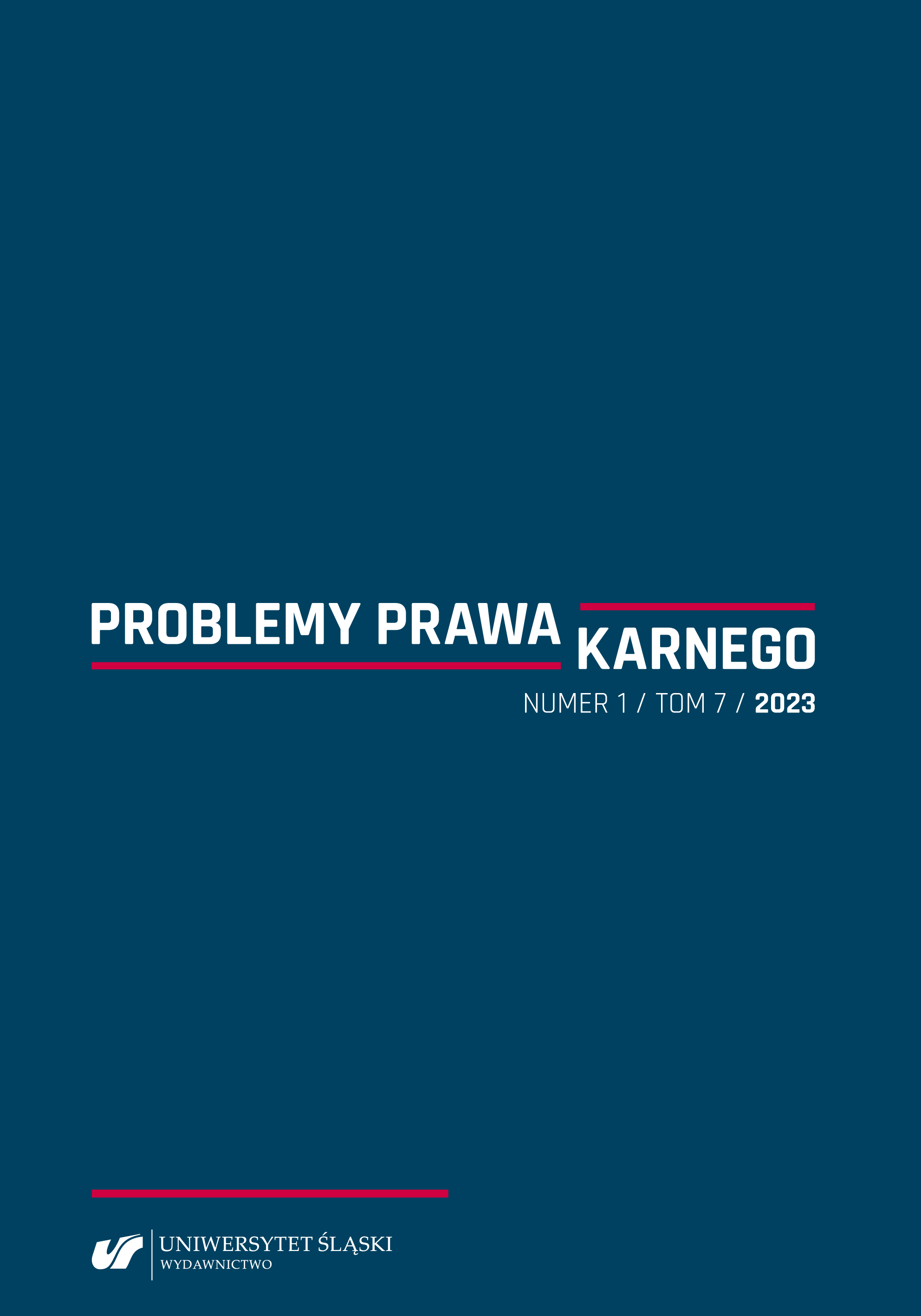The common law approaches to identity theft: Implications for Hungarian law reform
The common law approaches to identity theft: Implications for Hungarian law reform
Author(s): Dávid Tóth, Bálazs GátiSubject(s): Law, Constitution, Jurisprudence, Criminal Law, ICT Information and Communications Technologies
Published by: Wydawnictwo Uniwersytetu Śląskiego
Keywords: identity theft; cybercrime; criminal law; jurisprudence
Summary/Abstract: The incidence of identity theft is escalating, especially in international contexts. Owing to the advancement of information technology, crimes associated with this issue are borderless and can manifest anywhere. The objective of this study is to scrutinize the regulatory frameworks concerning identity theft in foreign jurisdictions. The essay not only considers theoretical aspects but also practical and criminological dimensions of the issue in question. As an outcome of the examination of these regulatory models, it is hoped that proposals de lege ferenda (‘regarding future law’) can be articulated for the Hungarian legislature. The initial segment of the article grapples with defining the phenomenon. There is no universally accepted definition of identity theft. Various terms are employed in foreign literature to describe the very phenomenon, including “identity theft” and “identity fraud.” Subsequent to the conceptual introduction, the study surveys the potential forms of identity theft. In the subsequent sections of the article, the regulatory models of identity theft in common law jurisdictions are analyzed. The regulatory frameworks of the United States, the United Kingdom, Canada, and Australia are subject to examination. In the concluding section of the study, recommendations for future legislation (de lege ferenda) are proposed.
Journal: Problemy Prawa Karnego
- Issue Year: 7/2023
- Issue No: 1
- Page Range: 1-13
- Page Count: 13
- Language: English

